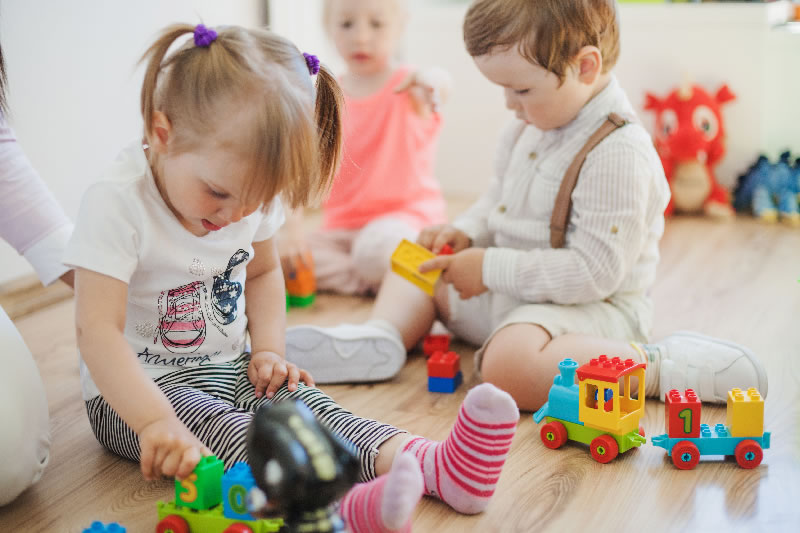If there is something that worries a father or a mother with respect to their children, it is the fact that they learn and develop normally and successfully in life , something that usually does not agree with what worries above all things to a child, who is nothing other than play. However, both ways of seeing and understanding life and childhood are more related than a priori we might think, and that is that play is one of the main systems and channels of educational learning that a child can experience.
The game allows children to express themselves and communicate with their environment from their earliest childhood, providing simulation situations and understanding of the environment that surrounds them, allowing the establishment of relationships with others thanks to group play, acquiring undoubtedly useful skills for the future, enhancing their ability to create and imagine, and making all of this happen with high doses of magic and fun, which other more traditional learning and teaching styles do not contemplate. Because there is no doubt about whether children want to learn or not, only that it is vital that such learning can be established through mechanisms that motivate, provide pleasure to the senses and do not put too many barriers or limit creative freedom.
In this sense, the more complex a toy is, the less possibilities the child will have of using it by giving free rein to their imagination or of being able to enhance their skills so necessary for life. For this reason, toys, like learning subjects or responsibilities or tasks, must be created and designed for each stage in a well-thought-out way or not so much in certain and often fleeting fashions. A child needs to see that society considers them and takes them into account, because that will make them grow and develop with confidence and self-assurance.
The importance of being free to learn
María Montessori, a leading educator and pedagogue of the 19th century, affirmed that freedom and autonomy were essential for a boy or a girl to discover and promote their skills, abilities and natural talent. This autonomy allows children to believe in themselves and be aware that they can achieve what they set out to do, without too many guidelines or overprotections. A pedagogy that many schools and children’s leisure and recreation spaces have assumed, such as Imaginarium , and that clearly shows its famous mini door made specifically for the use and enjoyment of the little ones, inviting them to have fun and experimentation in a direct way and adapted to its tiny and at the same time gigantic reality. Inviting children to discover their skills in a playful way and doing so through an adapted space, allows parents and children to find that necessary consensus between educating themselves and having fun, which is none other than learning by playing.
That the game can serve as a vehicle for education and learning, must also be a reality within the reach of all people, since all children will be part of the future and tomorrow, thereby enjoying the same right to learn in a relaxed, fun way and absolutely unique . And to make this possible, Imaginarium also has interesting discounts that allow families to find the most suitable resources and games for their children at super competitive prices, so that price is never an obstacle to learning happily and growing. Playing.












































































































